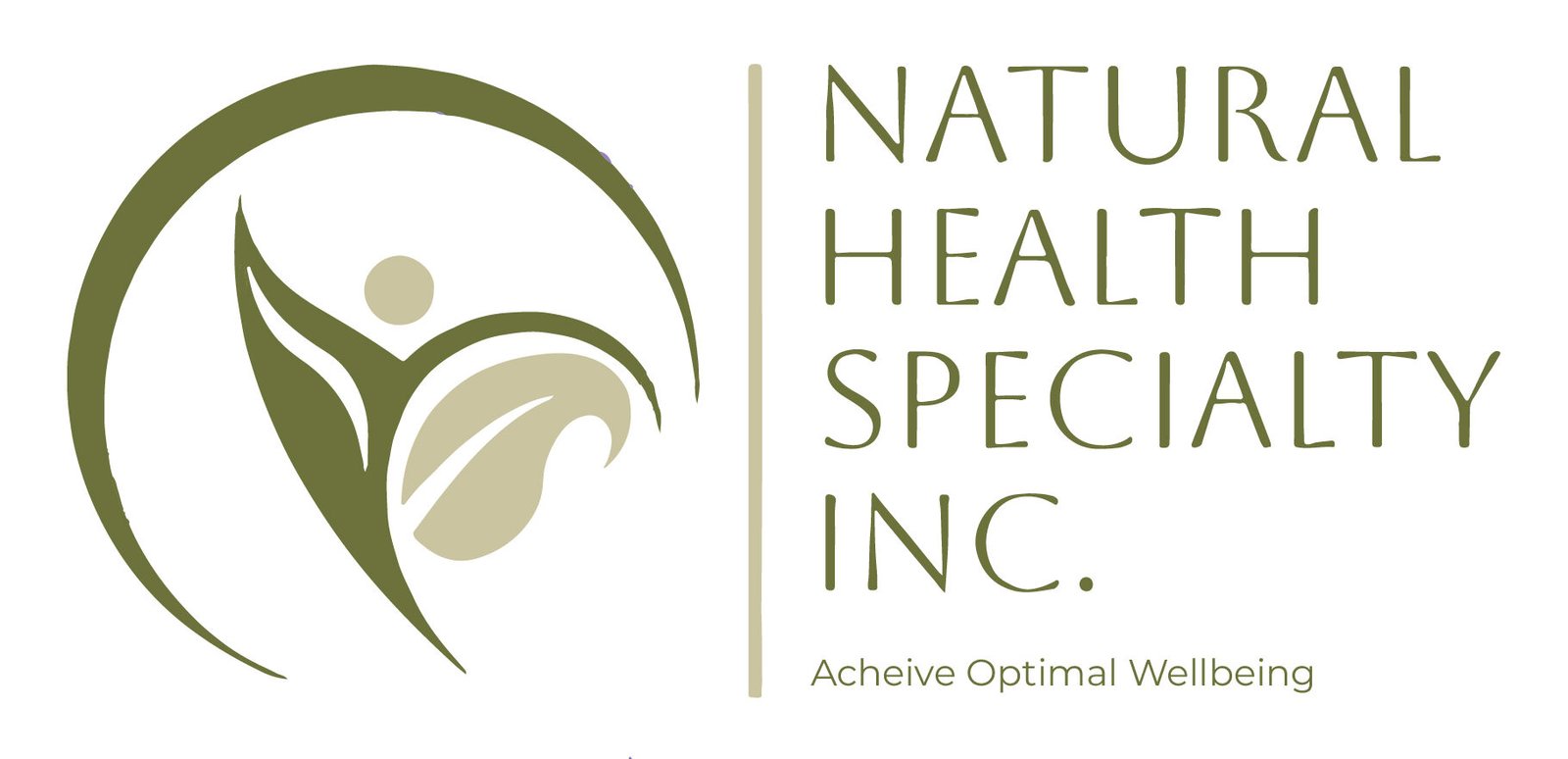In my clinical practice, one of the most common questions I receive is, “Do I need to take supplements, or can I get all the nutrients I need from my diet?” From my observations, and after reviewing the diets of thousands of individuals, it’s clear that in today’s fast-paced world, even with the best intentions, most people fall short of meeting their nutritional needs through diet alone.
Modern life brings many challenges when it comes to maintaining a healthy diet. The demands of everyday life—whether its making ends meet or feeding ourselves and our families—are time-consuming and expensive. Additionally, we have less control over how our food is grown and prepared. Up until the early 20th century, most of our food came from small farms where traditional practices like crop rotation and natural soil regeneration helped maintain nutrient-rich soil. Seasonal flooding replenished the land with vital minerals, providing the foods grown there with a rich nutrient profile.
Today, farming is a large-scale industry. Farms now span miles, and machines handle most planting and harvesting. Chemical fertilizers have replaced natural methods, and pesticides destroy not only pests but also beneficial microorganisms in the soil. Modern practices, including genetic engineering and the use of growth hormones, force the land to produce multiple crops per year without giving it time to recover. These factors have contributed to a decline in the nutritional quality of our food, which, combined with other lifestyle factors, has played a significant role in the rise of degenerative diseases and obesity in our society.
To emphasize this point, I once conducted an experiment on my own diet. I carefully tracked everything I ate for seven days and had the data analyzed by a specialized lab. The results were eye-opening—I was below the recommended daily allowance (RDA) for several key nutrients, despite my efforts to eat a balanced diet. This reinforced my belief that while supplements shouldn’t be a substitute for healthy eating, they can play an important role in filling nutritional gaps. A well-balanced diet, focused on whole, organic, and unprocessed foods, should remain the priority. However, it’s also unrealistic to rely solely on food to meet the demands of modern life.
One of the most effective ways to assess nutritional status is through cellular testing. Nutrient metabolism occurs within cells, so it’s essential to evaluate nutrient levels at the cellular level. The Cellular Micronutrient Assay (CMA) provides valuable insights into long-term nutrient sufficiency by analyzing micronutrients, amino acids, and other nutrients within immune cells. This offers a more accurate picture of nutrient status than a single blood test, which only provides a snapshot.
In addition to micronutrient levels, our bodies are constantly exposed to free radicals from pollution, toxins, medications, and radiation. These free radicals can cause oxidative damage, which contributes to chronic and degenerative diseases. Antioxidants protect cells from this damage and testing overall antioxidant function is another important factor in assessing health. The Redox Assay measures the antioxidant capacity of immune cells, while the Antioxidant Protection Assay (APA) identifies specific antioxidants that enhance the body’s ability to fight oxidative stress.
In summary, while diet remains the foundation of good health, supplements can be a practical and necessary tool to meet the nutritional demands of modern living. Testing for nutrient levels and antioxidant capacity can provide personalized insights into an individual’s needs and support long-term well-being.

